Mikan Hatake Road
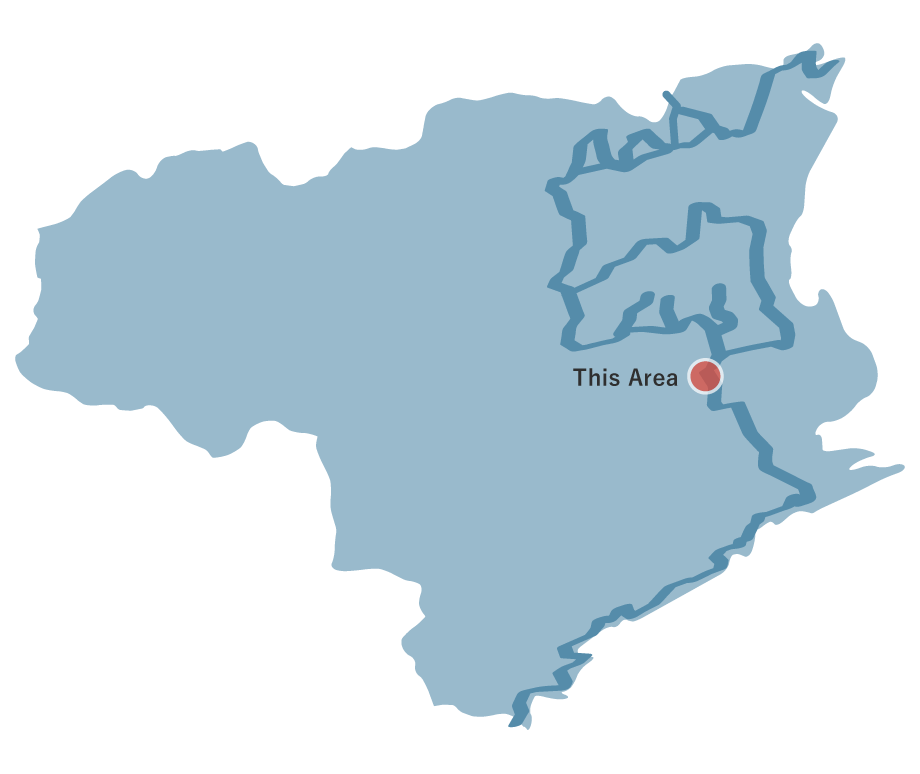
Mikan Hatake Road
This pilgrimage road, which has survived modern prefectural road improvements, runs between Oicho to Kakurinji Temple. The road is flanked by mandarin orange orchards that stretch halfway up the hillside path.Once you pass the Akamatsu Grove, you will come across a purification fountain from which water is streaming.Soon after this, you will travel along a small cedar tree plantation area. Cross the vehicle road to see the Naka River flowing below.Follow the gently sloping stone-paved pilgrimage road to find Kakurinji Temple, the 20th site on the pilgrimage course tucked inside the cedar plantation.If you descend through the cedar plantation from the side of Kakurinji Temple, you will again reach the mandarin orange orchards. The banks of the Naka River lead to the serene atmosphere of Oi Village.
Mikan Hatake Road (5.4 km)

 Spots to photograph
Spots to photograph
If you wish to receive a certificate, please take a photo that includes yourself at the designated photo point for each course.
Nearby sightseeing spots

-
1
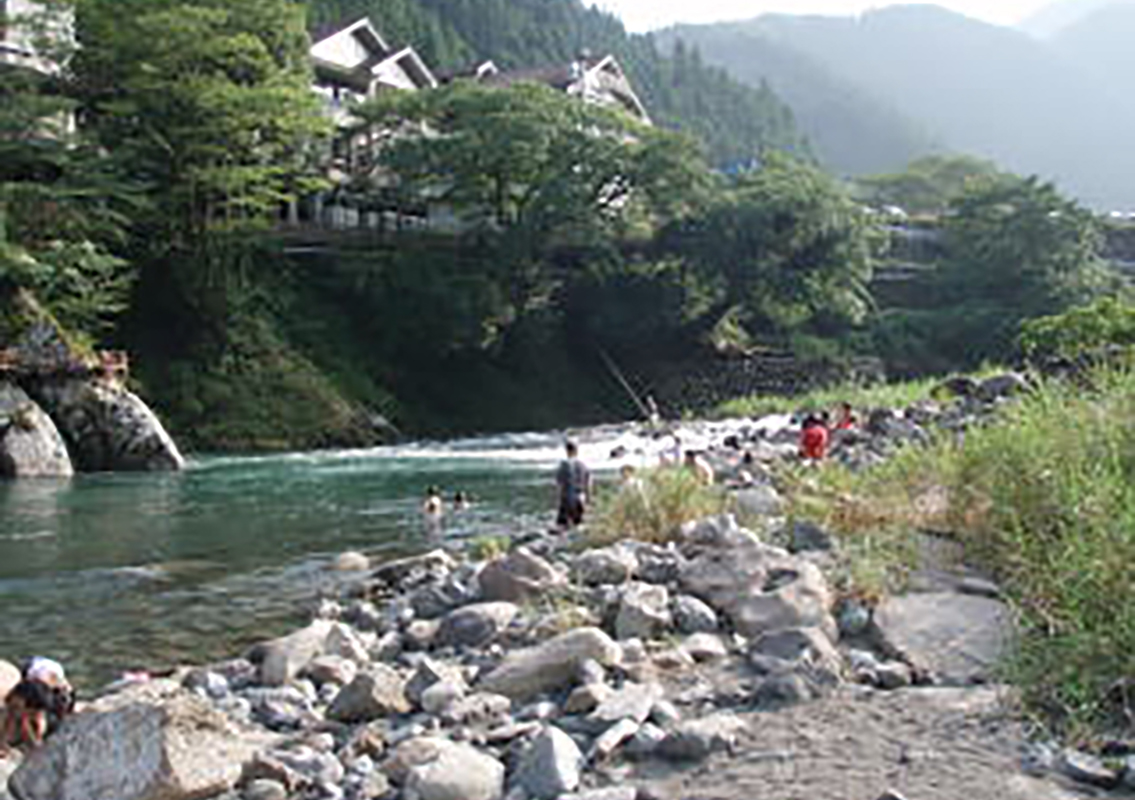 Ikuna
IkunaKatsuura Town is the place of origin of the Awa mandarin oranges.Ikuna is located at the center of Katsuura Town. You can see many mandarin orange orchards cultivated along the road, spread up to the top of the mountains.Sweetfish from Katsuura River are also particularly famous. During the fishing season, the banks of the river bustle with armature fishers.Sweetfish grown in the pristine waters of Katsuura River taste divine.
-
2
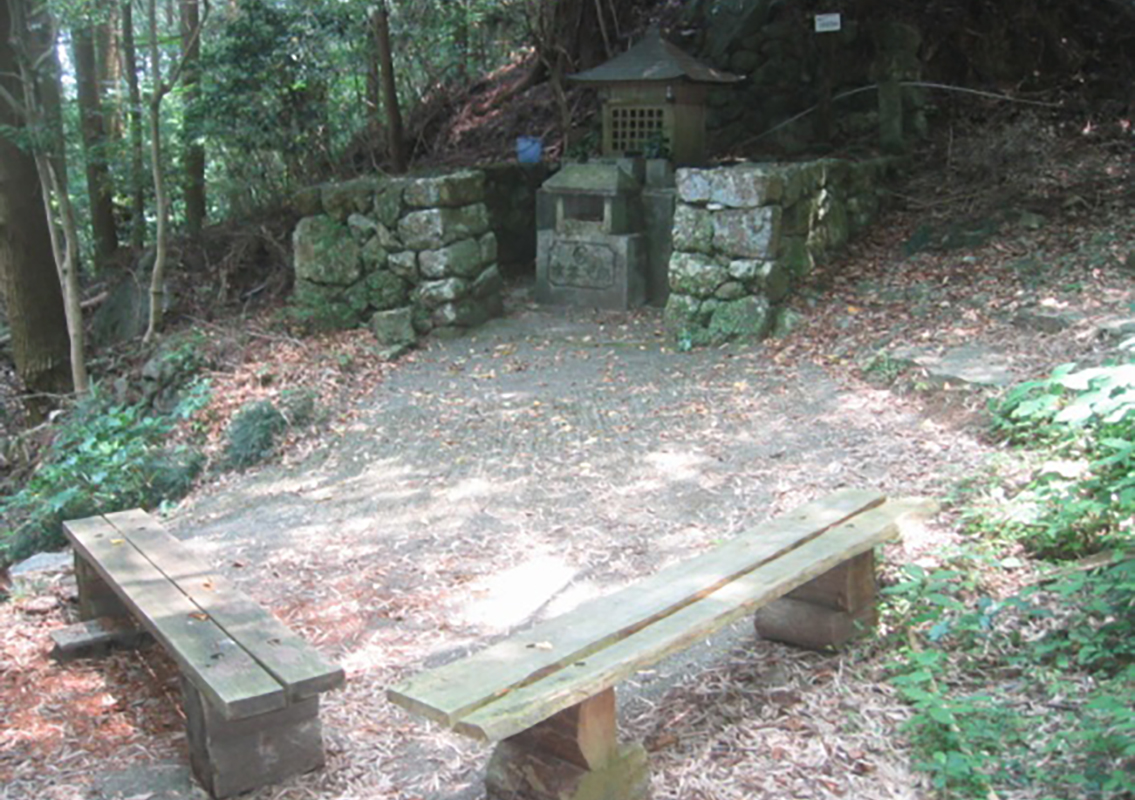 Mizunomi Daishi
Mizunomi DaishiThis legendary place is where Kobo Daishi planted his walking stick and water came gushing out of the ground.Located along the approach ascending from Ikuna to Kakurinji Temple, the spring continues to flow today, without ever running dry.Pilgrims and people working on the mountain stop here to rest and quench their thirst from this spring.
-
3
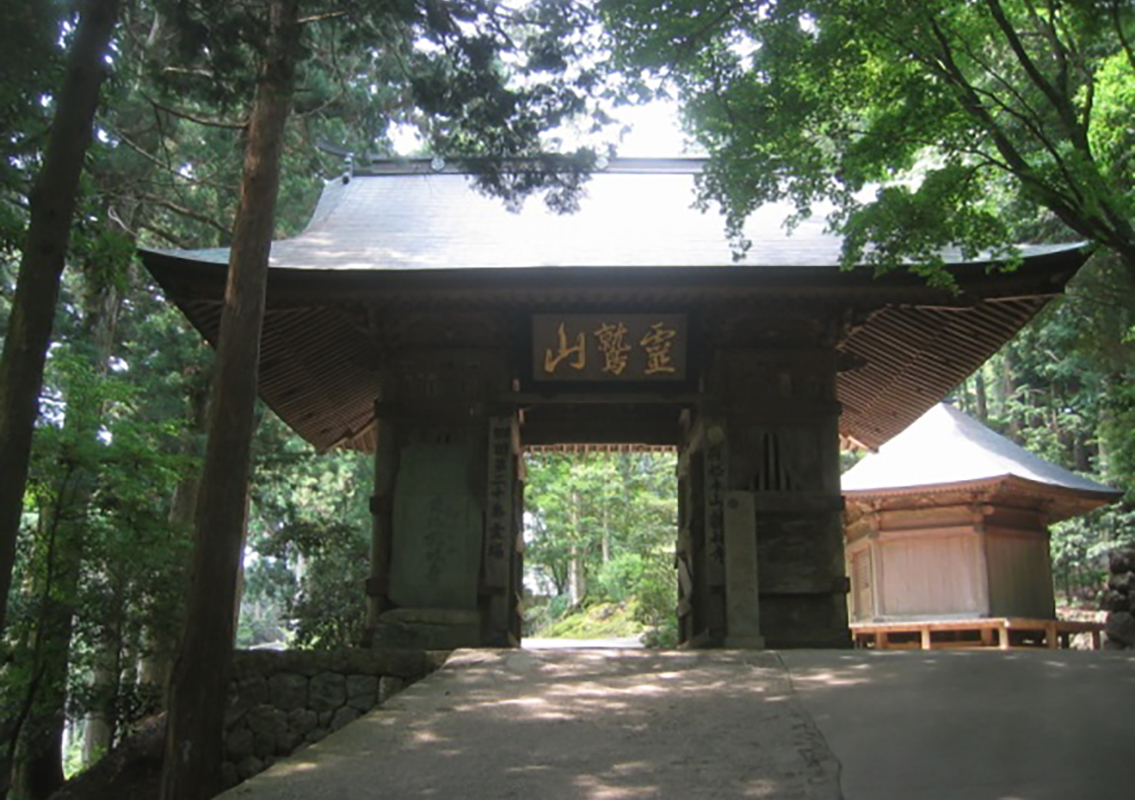 Kakurinji Temple
Kakurinji TempleThe Kakurinji Temple, the 20th temple among 88 temples of the Shikoku Pilgrimage is located at the height 500 meters above sea level. You can see Tairyujiyama across the Naka River.This temple is a home to several cultural treasures including a wooden standing statue of Bosatsu Jizo, a culturally important asset designated by the Japanese government that is said to have been created during the Fujiwara period (894-1185), and a color painting on silk scroll of Shaka Nyorai flanked by two attendants, also recognized as an important art piece.
-
4
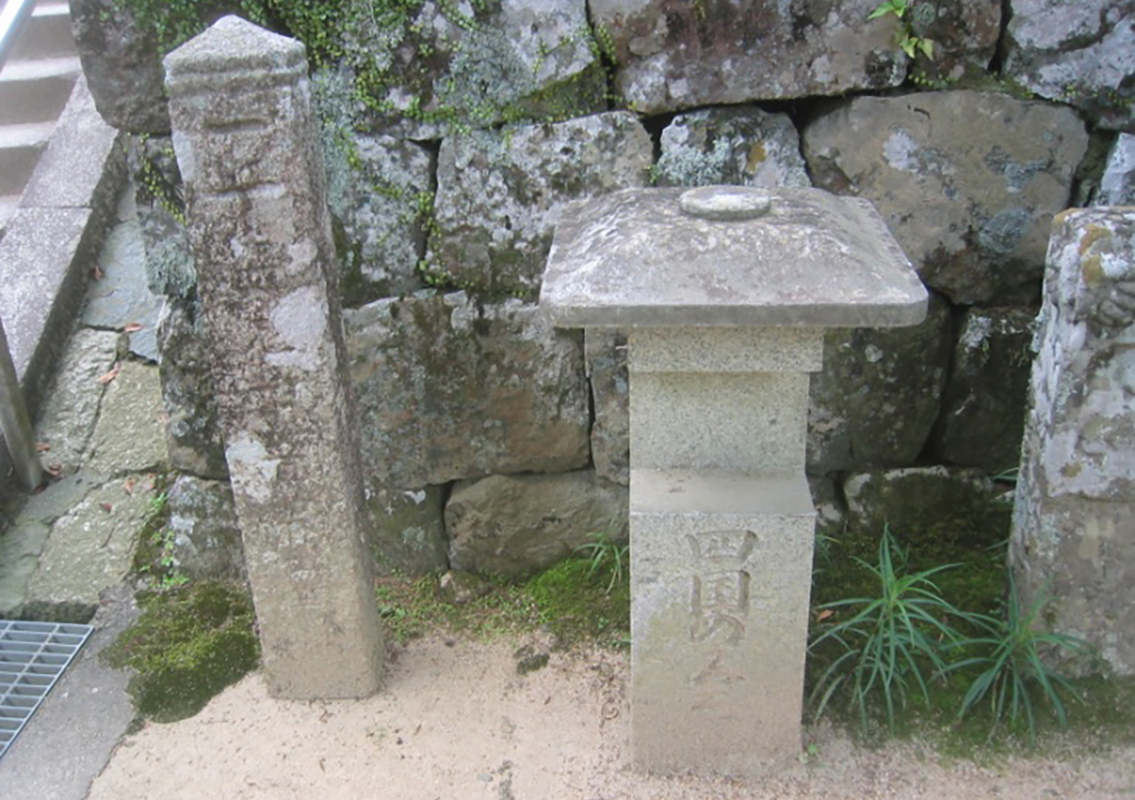 Roadside Stone Indicators of Kakurinji Temple
Roadside Stone Indicators of Kakurinji TempleThe roadside stone indicators are the stone pillar signposts built on the roadside at the interval of 1 cho (a distance of about 110 meters) to show the distance to the temple.Originally built during the Nanboku-cho period, eleven of such stone indicators have stood the test of times.The roadside stone indicators along the road to the Kakurinji Temple are said to be the oldest in the prefecture and are considered very precious artifacts.
-
5
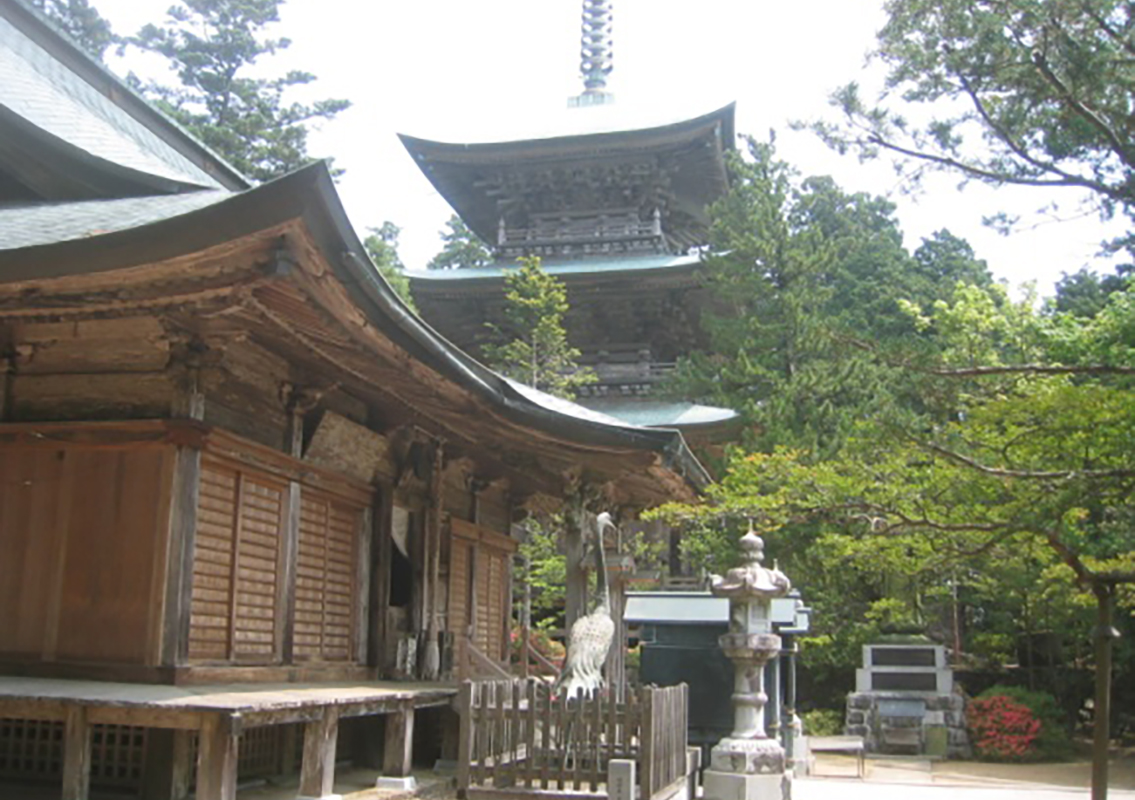 Three-Storied Pagoda of Kakurinji Temple
Three-Storied Pagoda of Kakurinji TempleThe pagoda building was reconstructed in the late Edo period. This is the reason you can each level of the structure built in a different style. You will be able to see that both Japanese and Chinese style construction methods were used while building this temple.The pagoda represents the late Edo period style and is the only remaining three-storied pagoda in the prefecture that was built during the feudal period.
-
6
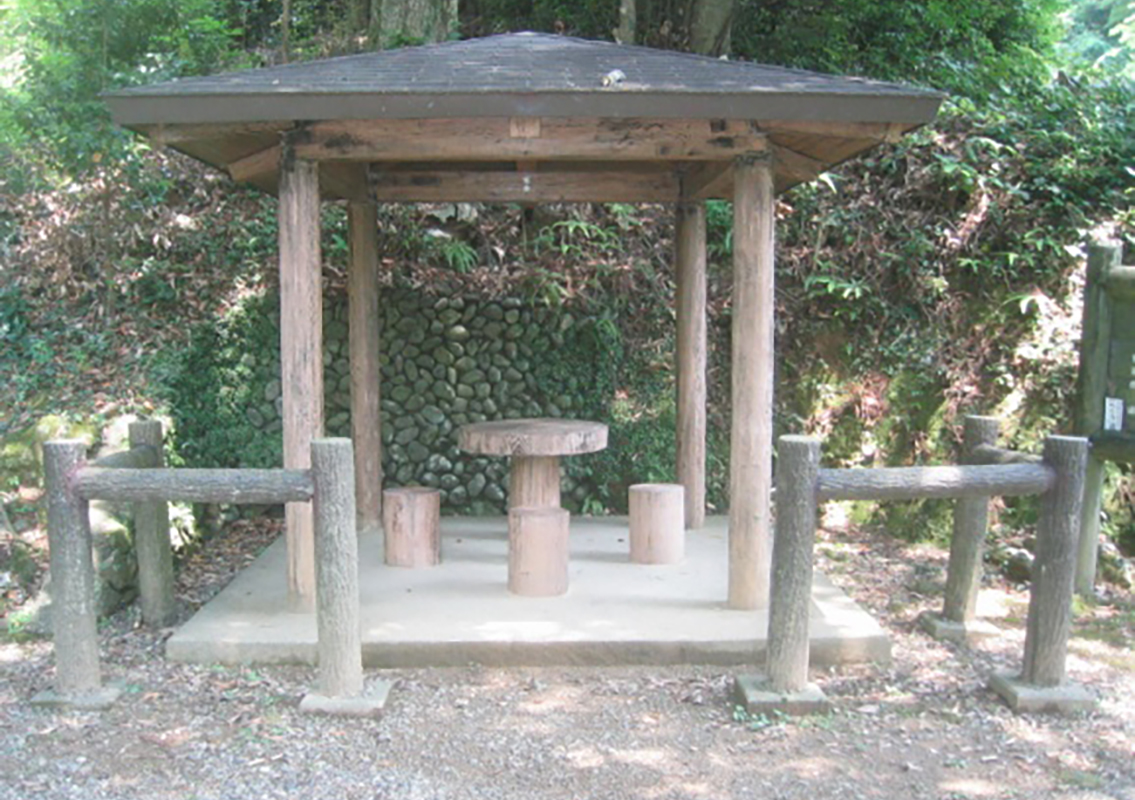 Oi Rest Area
Oi Rest AreaThis rest stop constructed out of imitation wood is located at the final point of the course within the precinct of Oi Hachiman Shrine.The rest stop is the ideal place to pause and reflect on your full day's of walking through the dense forest.



